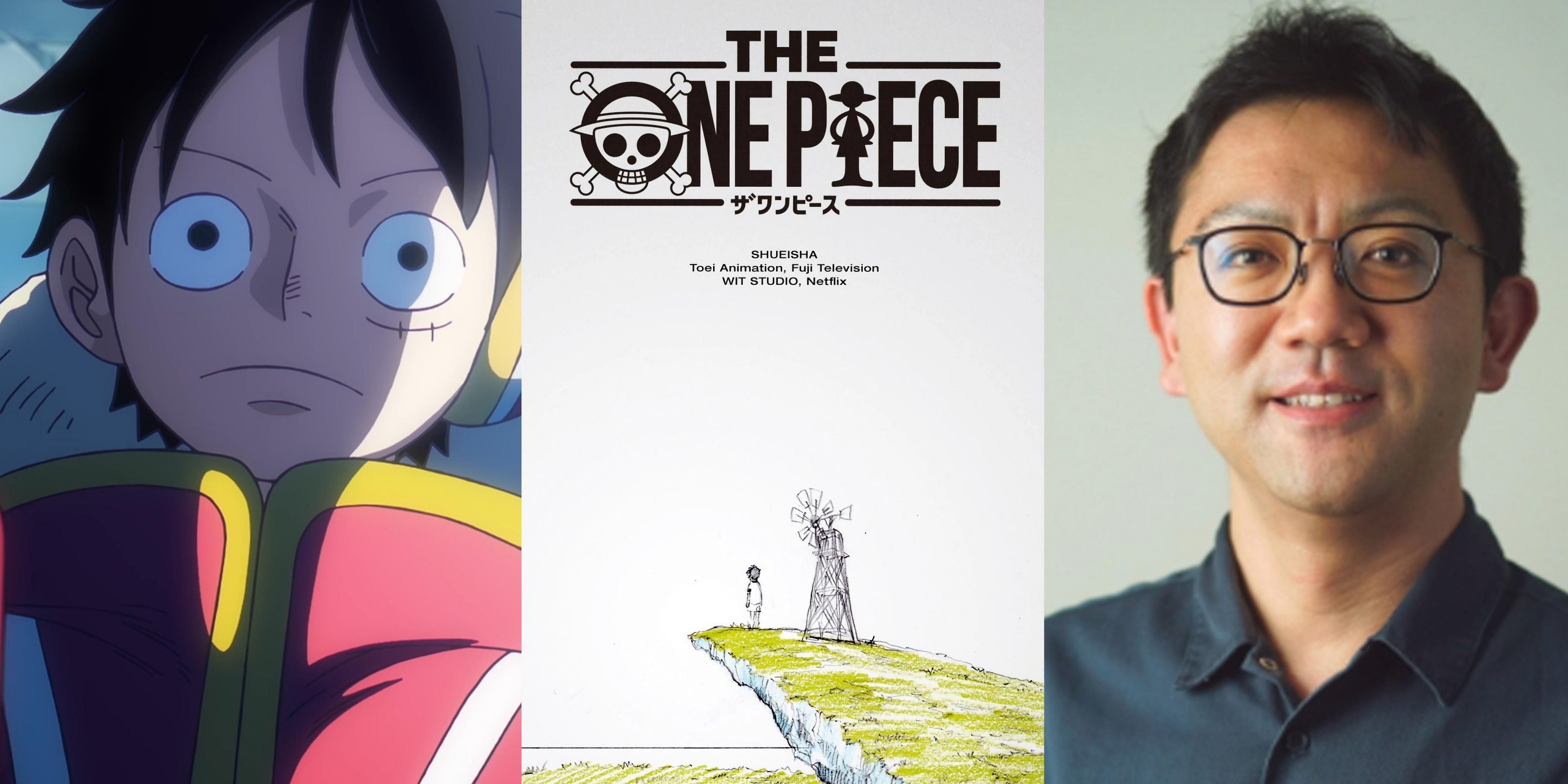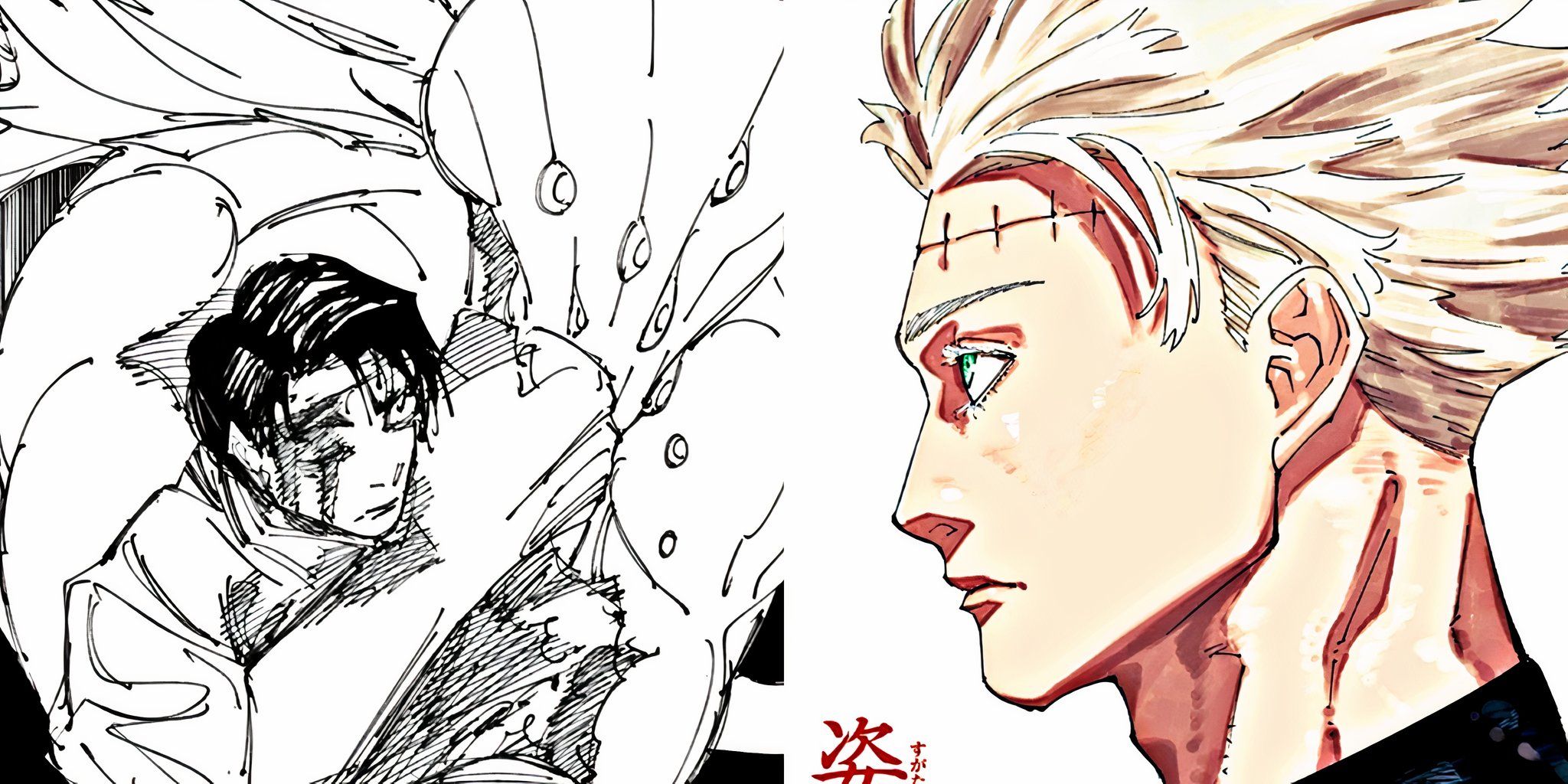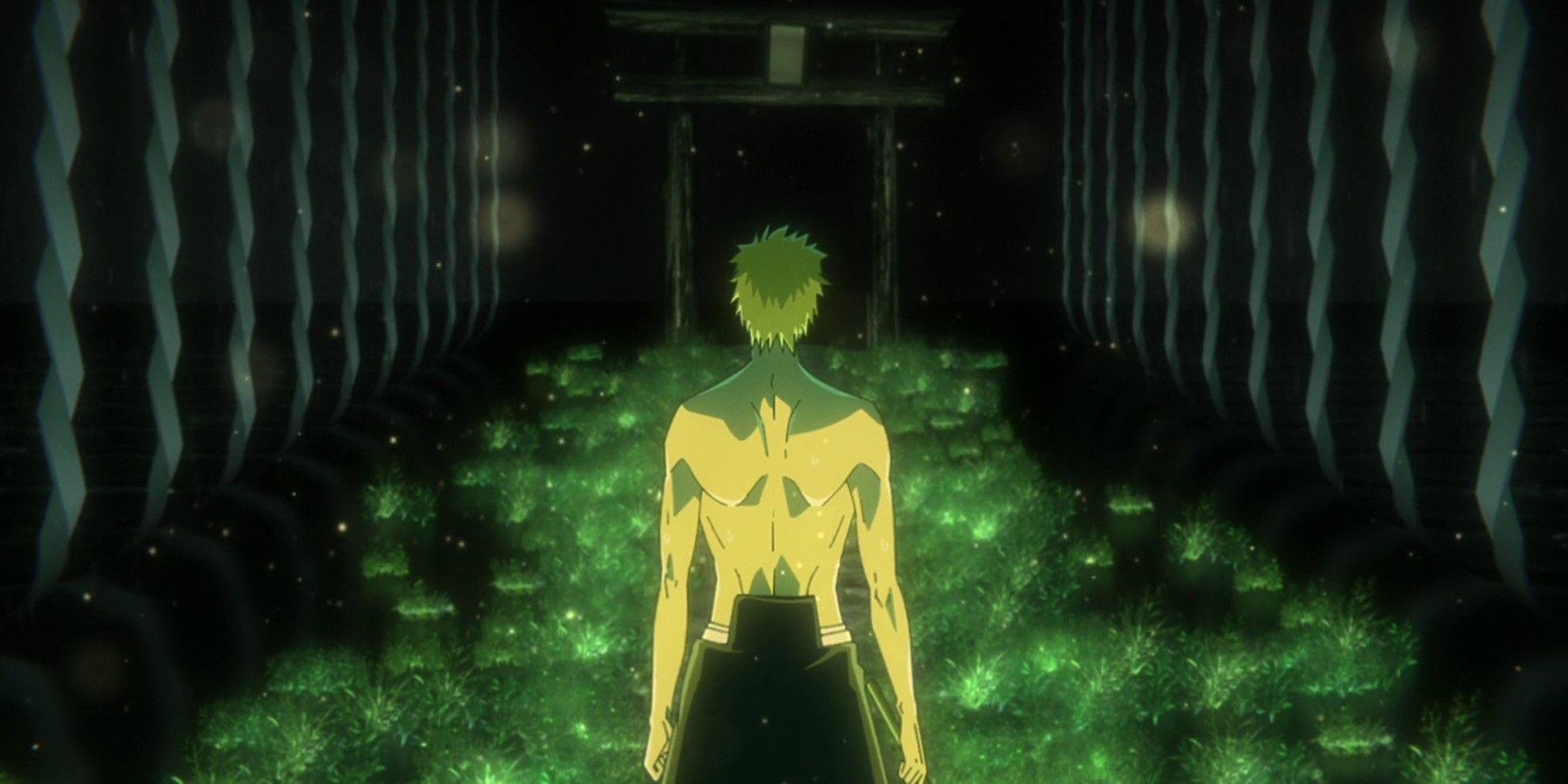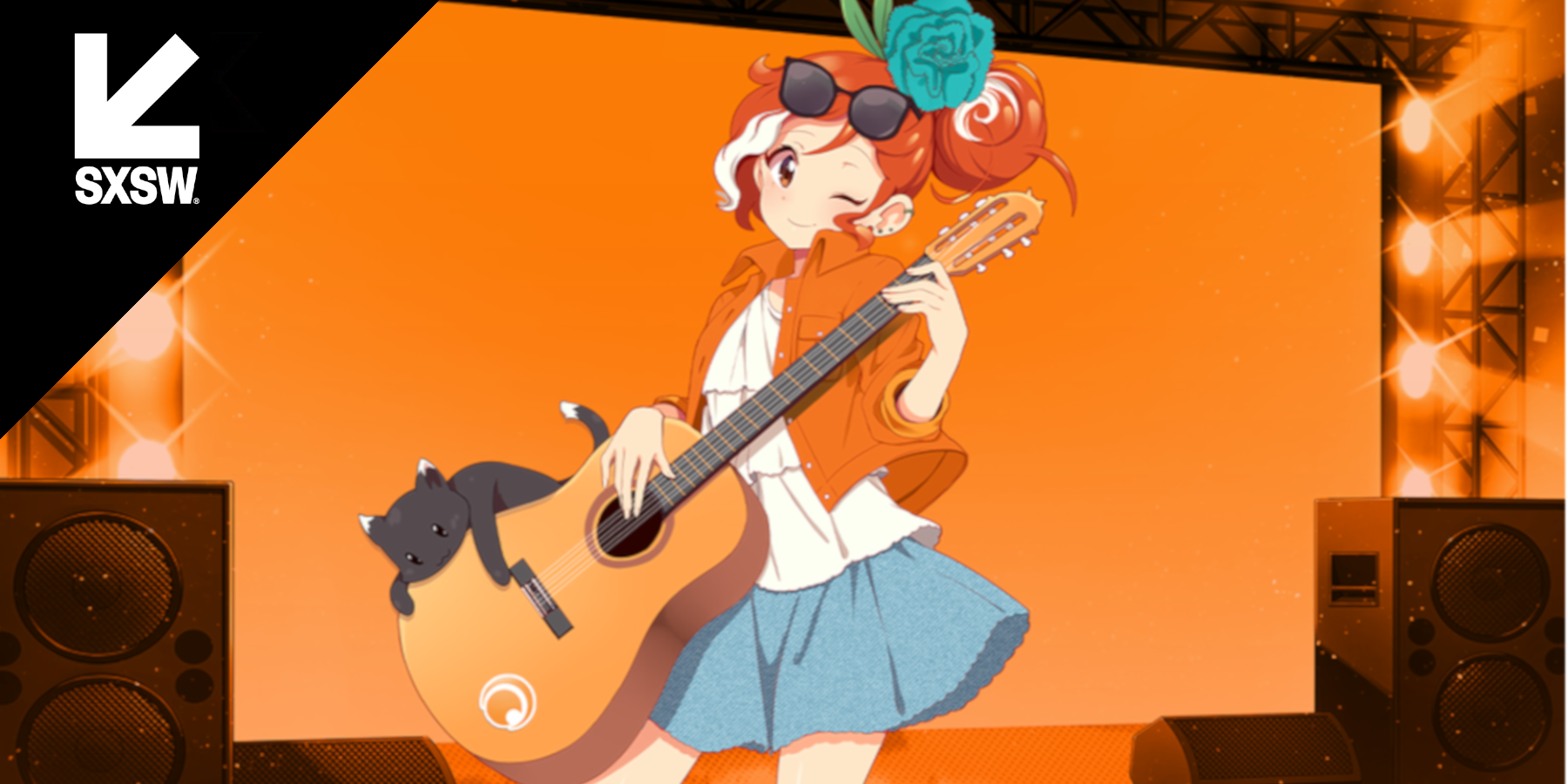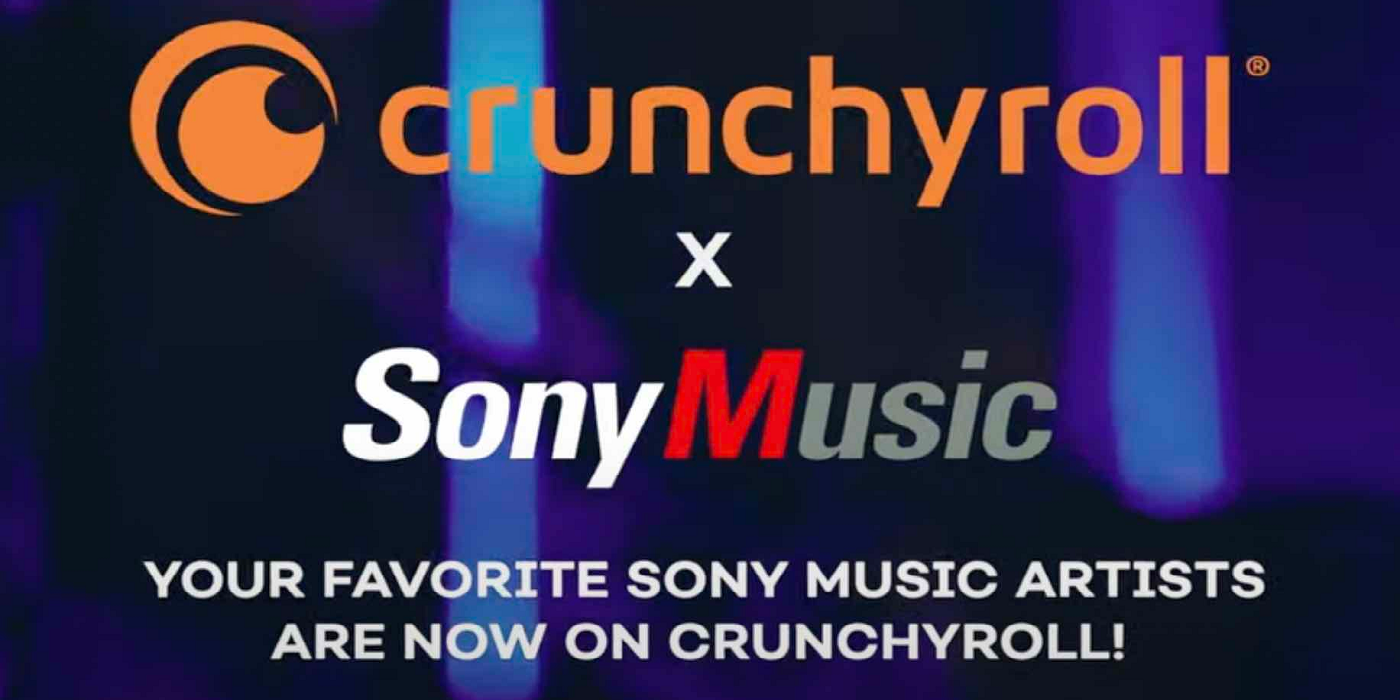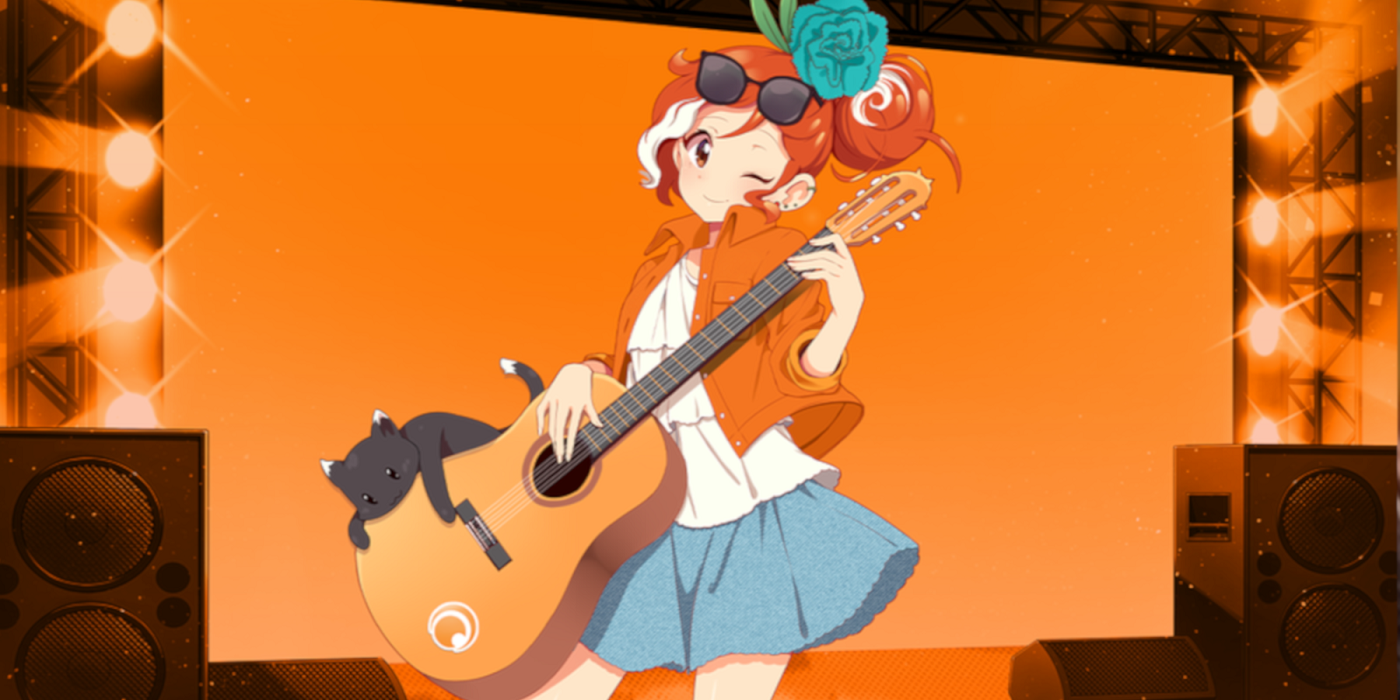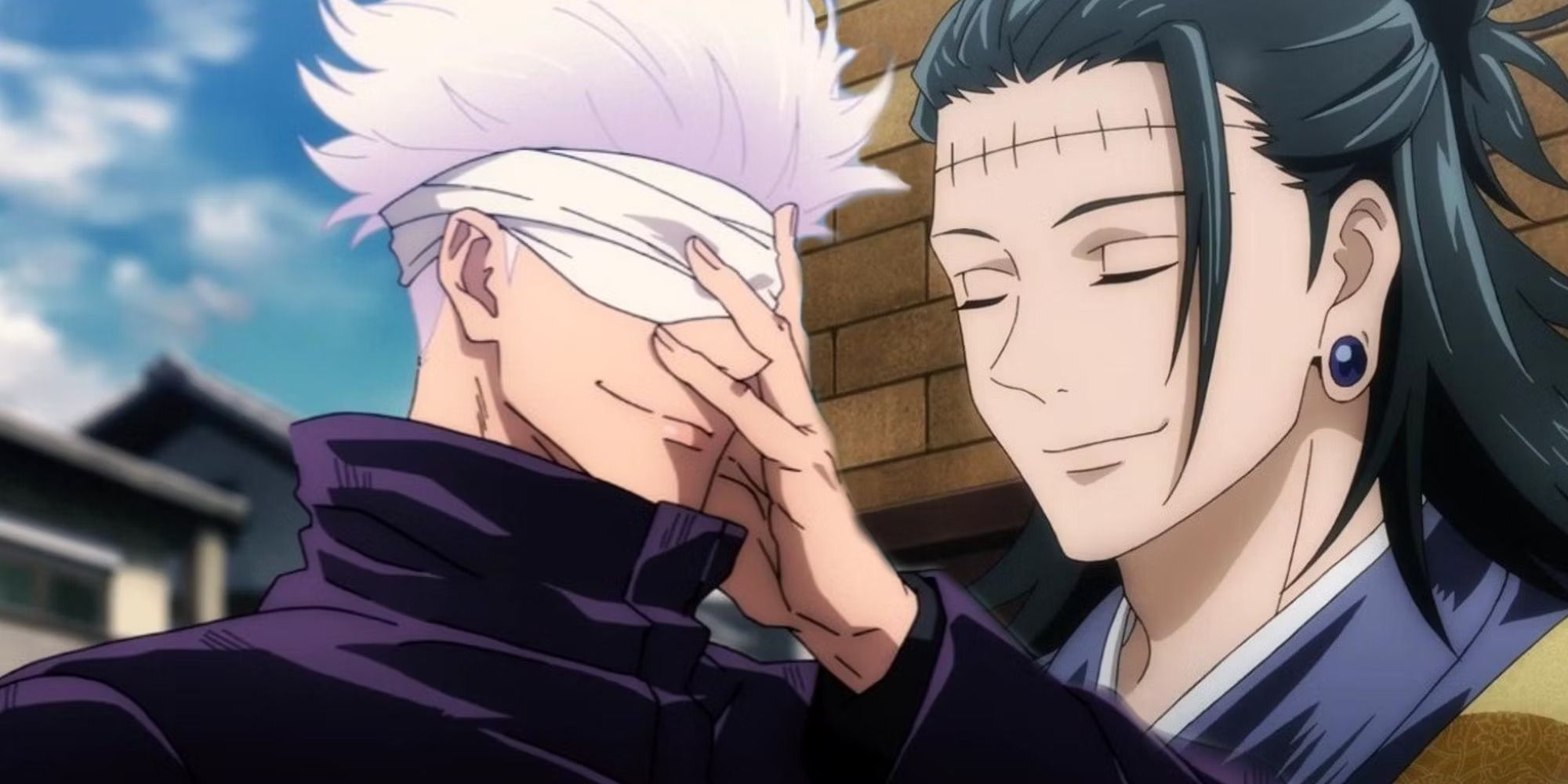As the dust settles from nine action-packed days of South by Southwest, the multifaceted nature of the event starts to come into focus. Bringing together areas as far-reaching as tech, medicine, music, film and TV, comedy, government, and pretty much anything in between in one large celebration of modern creativity leads to interesting conversations.
In this most eclectic of environments, it’d only be fitting that anime-industry giant Crunchyroll hosts discussions and teasers on the future of anime and music.
Crunchyroll x Sony Music Initiative
Crunchyroll’s presence at SXSW came directly on the heels of its announcements with Sony Music at the 2023 Anime Awards in Tokyo. Sony Music Entertainment—which is a branch of Sony along with Crunchyroll—is providing hundreds of hours of streamable music content to Crunchyroll’s library. Among the different music artists represented are Aimer (whose work has appeared on Chainsaw Man and Demon Slayer), LiSA (Demon Slayer, Sword Art Online), and Eir Aoi (Sword Art Online, Kill la Kill). Much of its music library is available now, and the initiative will see constant curation and addition of musical content.
SXSW: A Panel Discussion on Anime and Music
On the ground at South by Southwest, Crunchyroll’s biggest presence was in its major panel on the intersection of anime and music. Titled “Beyond the OP: Anime and the Music Industry,” the panel brought together Crunchyroll and Sony staff with major musical talent in the anime industry, including Jujutsu Kaisen producer Yoshiki Kobayashi and Satoshi Uto, of Crunchyroll’s music division and Sony Music Entertainment Japan.
The panel focused on many aspects of anime music and its ascent in popularity in recent years. The digitization of anime music has made it much more accessible than the expensive imported physical media needed in the past. J-pop and anime-adjacent music are still primarily made for the appetite of local audiences, so localization efforts are collaborative between markets and distributors. That said, the wider availability of anime music today simultaneously drives up the demand for international fans while putting those audiences in earshot (literally) of musical creators in Japan.
‘Jujutsu Kaisen’: An Exclusive Talk With the Music Producer of the Hit Anime
After the panel discussion, GameZXC got a chance to send some exclusive questions over to both Yoshiki Kobayashi and Satoshi Uto on both the process behind the music of Jujutsu Kaisen as well as recent trends in the music of anime
GR: Do music producers for anime look at storyboards, or even the source material of a manga/novel to help get the feel of how the music should sound?
Yoshiki Kobayashi (Music producer, Jujutsu Kaisen): As the music producer for JUJUTSU KAISEN, I conducted a lot of my own research. I also collaborated very closely with the director, who gave me notes and sent me clips of music he was inspired by so that I could get a sense of what he was looking for. It was then my job to convey that to the composers. When working on JUJUTSU KAISEN, Director Sung Hoo Park sent us a lot of rock music as inspiration. It's a very collaborative process to find the right music for each episode.
GR: Interesting. And how would you say anime music has changed in recent years in terms of production?
Kobayashi: Previously, anime music clips were short and tied to specific scenes. But now anime musical tracks are longer and straddle multiple scenes. Anime scenes and music tend to intertwine more closely in recent, new anime.
GR: What's more common: an established artist being invited to release a track for an anime series, or a more up-and-coming artist getting their big break through an anime?
Satoshi Uto (Crunchyroll): It really depends on the anime title, but I see more established artists being pitched to a well-known franchise or highly anticipated title than up-and-coming artists. On the contrary, for up-and-coming anime titles I see a lot of collaboration with up-and-coming artists than established artists.
GR: Internationally, a lot of music artists incorporate anime motifs into their tracks. Have any international artists approached you about wanting to collaborate with their music in an actual show?
Kobayashi: For JUJUTSU KAISEN, we actually worked with Che Lingo, a rapper based in London, who provided the background music for one of the episodes!
Uto: Usually it's the anime committee and the anime producer that has control over the choice of OP/ED songs, so such requests don't directly come through our window, as in Crunchyroll, but I hear stories about international artists showing interest in collaborating with anime titles in general.
Anime often calls to mind a very distinct visual art style, but it’s impossible to ignore the massive importance that sound and music play in making it what it is. Whether it’s bringing the talents behind iconic tracks for the newest hit show or curating a backlog of streamable content, Crunchyroll brought the sounds of anime to Austin. It may or may not be the first kind of music you’d think about experiencing at South by Southwest, but things are a lot better off with it making its mark.

